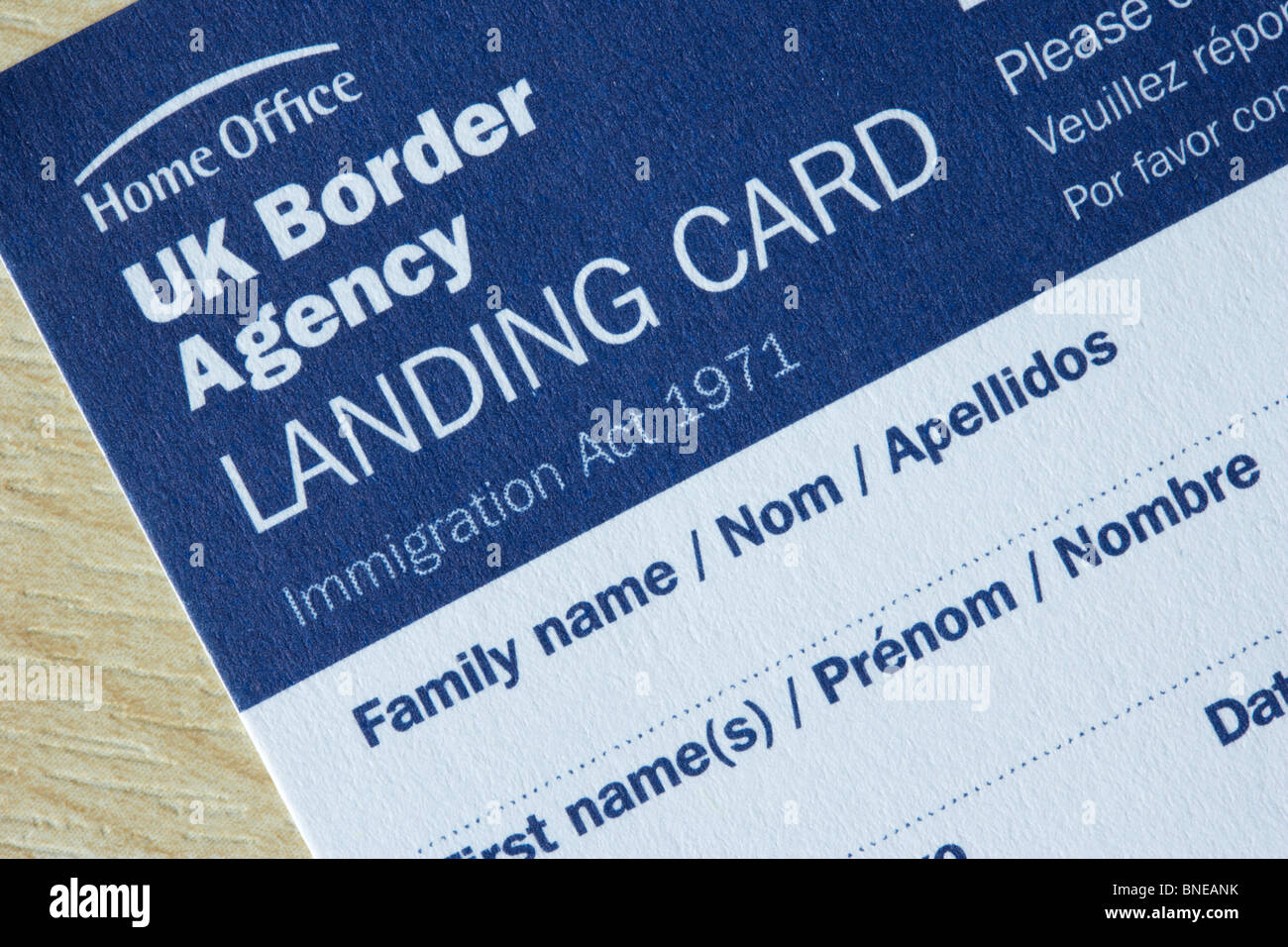Uk Border Immigration


Caroline Nokes’s car-crash Belfast Agreement answers expose Brexit ill-preparedness
UK Border Regime: immigration raids briefing October 2018 by CorporateWatch2 / Migration, News, Palestine, Slider / 26 Oct 2018 T his briefing updates our 2016 report on immigration raids called “ Snitches, Stings and Leaks ”, and adds new information including a section on resistance and its impacts.
Caroline Nokes, the UK minister for state and immigration, struggles to answer questions on the dual citizenship offered to Northern Ireland residents as part of the Belfast Agreement. Video: Parliamentary TV
Those of us who enjoy spending our downtime watching parliamentary proceedings online are occasionally rewarded with enlightening exchanges or outstanding moments of oratory. The deliberations are usually mundane and technical, however. On occasion, the output is downright awful.
One of the worst parliamentary committee performances I have seen in years happened at the Westminster Northern Ireland Affairs committee on Tuesday when the immigration minister Caroline Nokes appeared as part of the committee’s inquiry into existing passport processes. In the words of the Guardian’s Brexit correspondent, Lisa O’Carroll, it was car-crash parliamentary TV.
It began with MPs pointing out an interesting anomaly in how the dual citizenship provisions under the Belfast Agreement are administered by the two governments. The agreement provides that the people of Northern Ireland can “identify themselves and be accepted as Irish or British, or both, as they may so choose”. A resident of Northern Ireland seeking Irish citizenship can exercise that right by applying for an Irish passport in the usual way and paying a fee of €89.50. However any person living in Northern Ireland born south of the Border after 1949 can only exercise their right to British citizenship if they are prepared to go thought the full complex naturalisation process and pay a fee of £1,330 (€1,517).
The minister, who has had her portfolio since last January and who presumably had done some preparation for the committee appearance, seemed unable to understand the anomaly and even the Belfast Agreement’s provisions on the point. She resorted to merely repeating that it was “a long-standing situation”.
Caroline Nokes, who has had her portfolio since last January, seemed unable to understand the anomaly and even the Belfast Agreement’s provisions
At one stage, it was the Democratic Unionist Party MP Gregory Campbell, ironically, who felt the need to quote the Belfast Agreement to her. The minister couldn’t say how many people were affected by the anomaly. She thought her officials would know and would write to the committee.
Lengthy pause
Labour MP Kate Hoey asked the minister whether she felt the different arrangements met the obligation for “parity of esteem”. After a lengthy pause, the minister said she found it difficult to answer the question but that southern-born Northern Ireland residents seeking British citizenship should have to go through the same process of naturalisation and citizenship as other third-country nationals. Hoey expressed amazement at that response and asked the minister if she had ever read any Irish history. “Not recently no” was the reply.
The chairman of the committee, Dr Andrew Murrison MP intervened to emphasise the need to “nail this” discrepancy “at this particular junction in our history as we are about to leave the European Union”. “These issues of nationalists and passports are going to become more acute,” he added.
Dius Listed Bodies
The independent unionist MP Lady Sylvia Hermon noted how the minister had said that it was “crucially important to the British government to uphold the Belfast Agreement” and so asked the minister if she had read the agreement at any point at all in the last 20 years. The reply was “not in its entirety, no”. Hermon wondered what levels of awareness could be expected from her team of immigration officials about the implications of the agreement in the context of Brexit if the minister herself hadn’t bothered to read it. The minister replied that official awareness of the Belfast Agreement was “enormous”.
To the question of had she read the Belfast Agreement at any point at all in the last 20 years, her reply was 'not in its entirety, no'
No explanation
The proceedings later moved on to the recent debacle where the UK customs and immigration authority Border Force published an advertisement for 1,300 new jobs UK-wide but restricted application to British citizens. The advert was withdrawn when nationalist politicians and others pointed out that a large section of the Northern Ireland population who identify as Irish and hold no UK passports were thereby excluded. The minister had no explanation for how the error could have occurred.
Hermon then asked if the minister knew how many new Border Force personnel were being recruited in Northern Ireland and where they would be deployed. Notwithstanding her responsibility for borders and immigration, the minister couldn’t break down the figure for Northern Ireland or say what the new personnel would be doing. She said again she would write to the committee. The answer when it comes will make interesting reading, not least because it will be a first insight into what provision the British government may be making for customs posts in Northern Ireland post-Brexit.
At the end of the committee proceedings, the chair suggested that perhaps the minister’s officials might put a copy of both the Belfast Agreement and the Saint Andrews Agreement into her red box. It was the parliamentary equivalent of a #burn.

The hearing lasted one hour and 17 minutes. It would have been as funny as an extended episode of Yes Minister or The Thick of It were it not so scary. It revealed again how ill-prepared British politicians and administrators are for Brexit. It also showed how little they care about or understand Border and immigration issues on the island of Ireland.